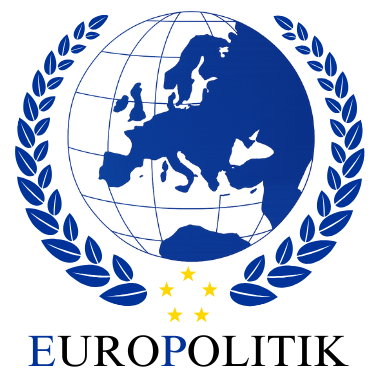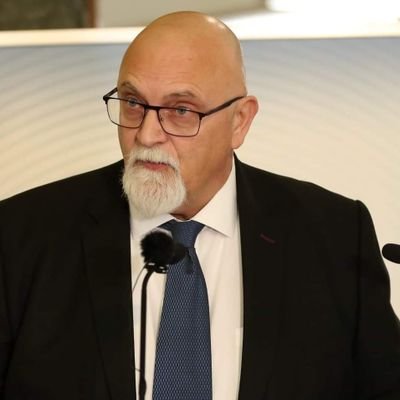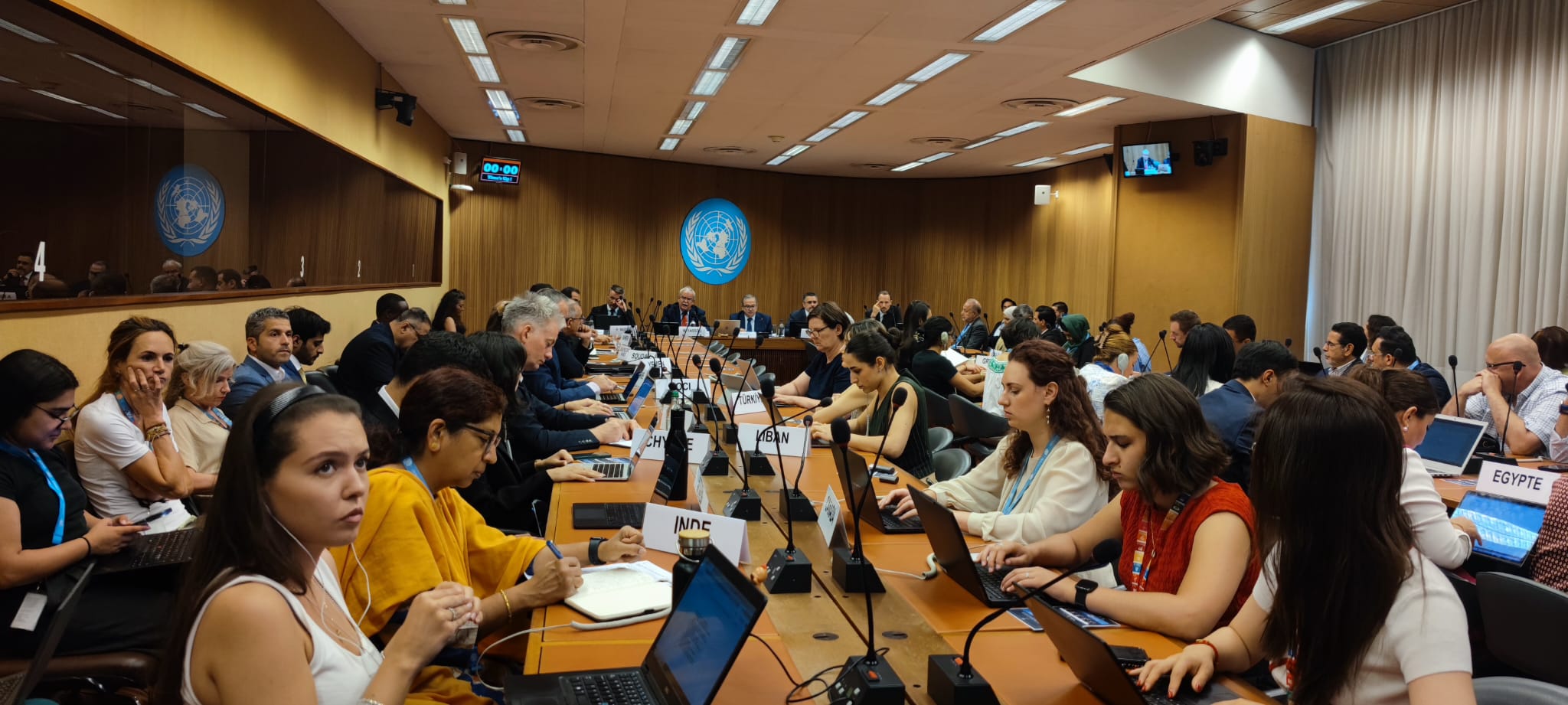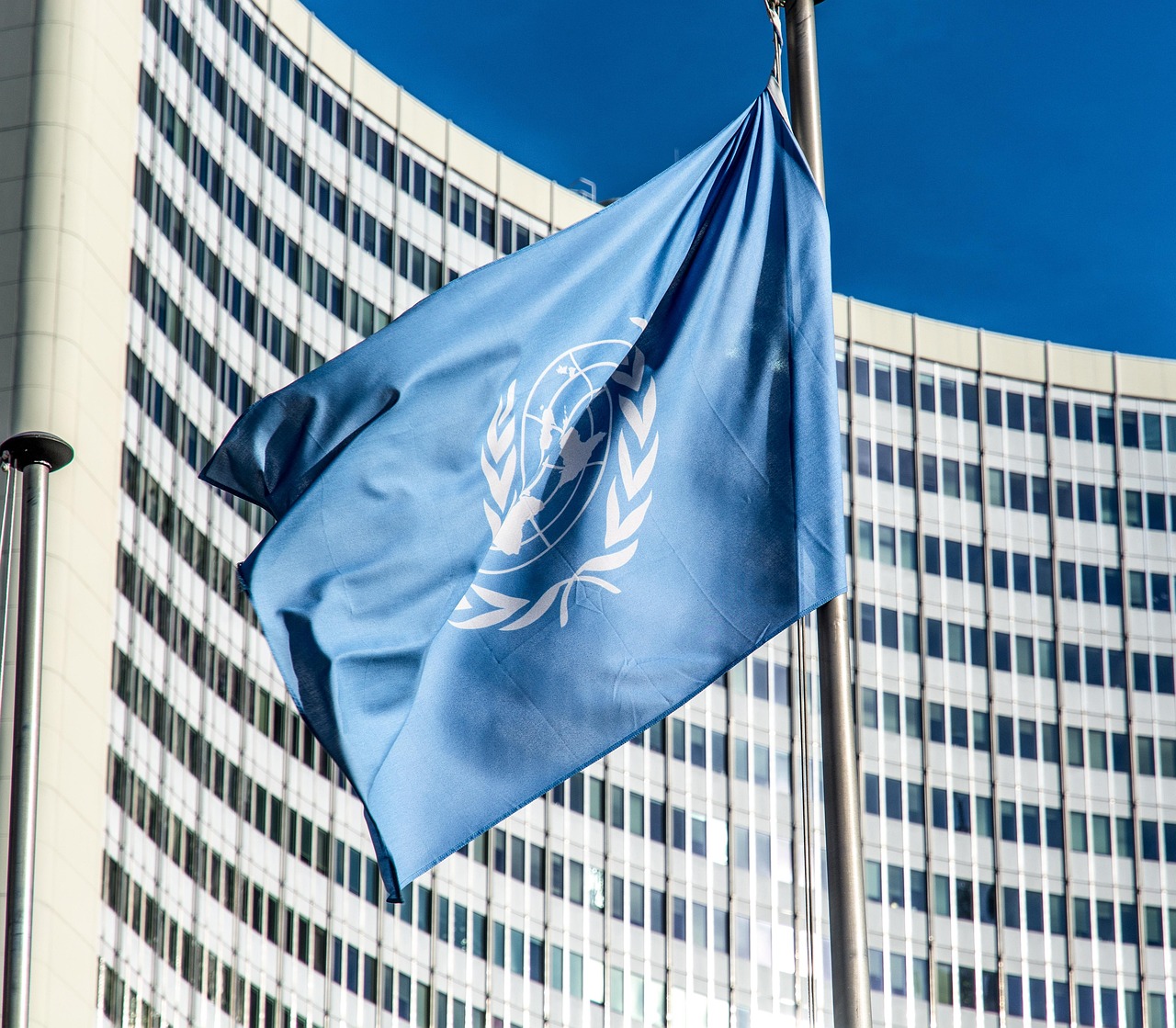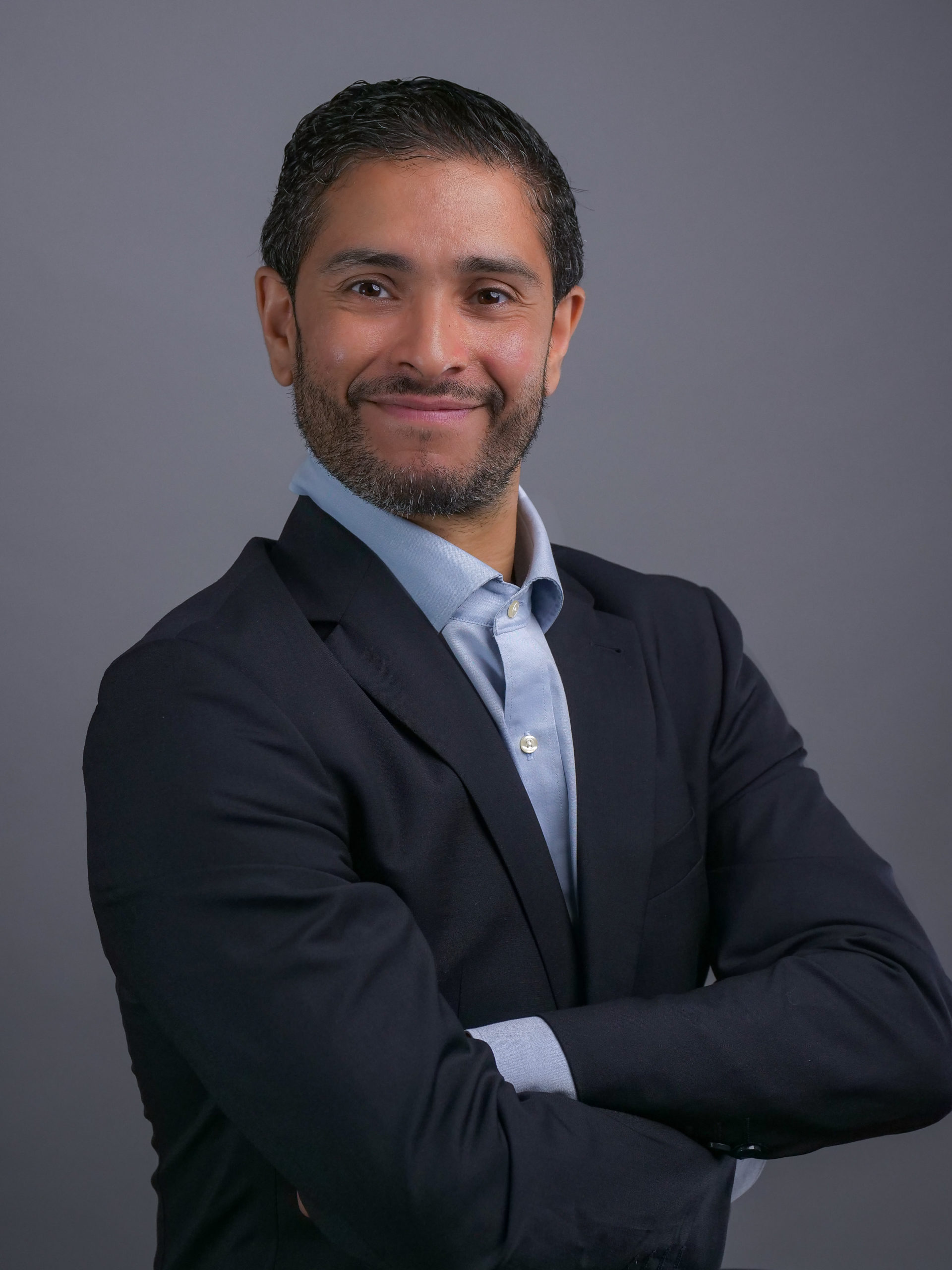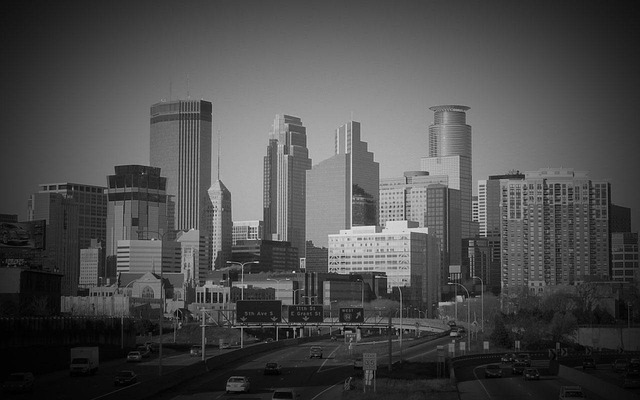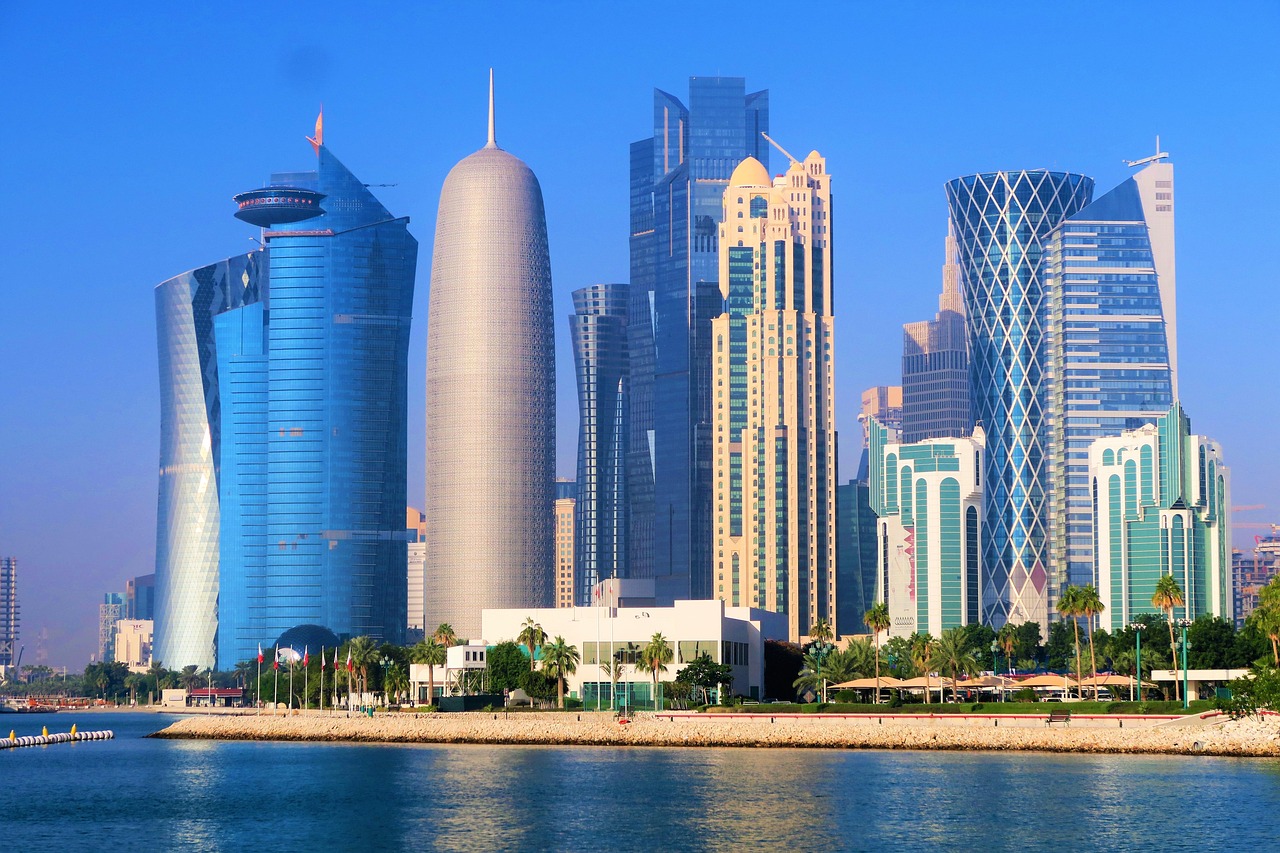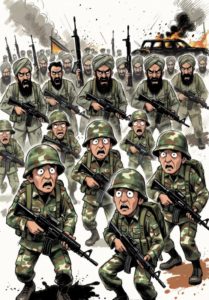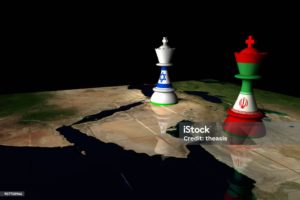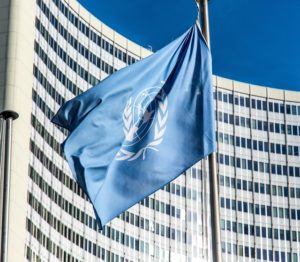French journalist Alain Jourdan, based in Switzerland, has just published a remarkable book titled The Call of Jerusalem: Mohammed VI and the Papacy Committed to Peace. The work, which was originally begun by the late Arnaud Bédat and later completed by Jourdan, revisits a little-known story: Morocco’s central role in interreligious dialogue and in advancing a lasting peace between Israelis and Palestinians. Through previously unseen archives, testimonies, and historical perspective, the author highlights how the Kingdom of Morocco, under the leadership of King Mohammed VI, has become a unique bridge between the Arab-Muslim world, the West, and the three monotheistic religions.
Morocco, a Land of Interreligious Dialogue from Toumliline to the Call of Jerusalem
Since the 1950s, Morocco has made interreligious dialogue a key part of its political and spiritual identity. The monastery of Toumliline, near Ifrane, became after independence an emblematic meeting place for thinkers, religious figures, scholars, and peace activists—pioneering an Islamic-Christian dialogue that few Muslim countries dared to promote at the time. This tradition continued and strengthened over the decades, culminating in The Call of Jerusalem, jointly proclaimed in 2019 by King Mohammed VI and Pope Francis during the Pontiff’s historic visit to Morocco. This joint declaration reaffirmed the sacred and universal character of Jerusalem for the three Abrahamic faiths and embodied Morocco’s enduring belief that faith must serve as an instrument of peace.
As President of the Al-Qods Committee, Mohammed VI carries forward this legacy of spiritual diplomacy. For decades, the Moroccan monarch has worked to preserve the religious heritage of the Holy City, promote coexistence among its communities, and support a just resolution to the Palestinian question. Through this role, Morocco combines religious legitimacy with political credibility, positioning itself as a respected mediator in a fragmented Middle East.
The Vatican and Morocco: A Solidarity of Hearts
Beyond religious dialogue, The Call of Jerusalem also sheds light on another facet of this unique relationship: human solidarity and the protection of the vulnerable. Morocco and the Vatican share a deeply humanistic approach to migration. For several years, Rabat has made the regularization and integration of sub-Saharan migrants a priority in both its domestic and international policies—a commitment that echoes Pope Francis’s constant appeals to “welcome, protect, promote, and integrate” migrants.
Jourdan also highlights the exemplary cooperation between Caritas and the Moroccan authorities, a partnership that perfectly illustrates the shared values of both states: compassion, social justice, and human dignity. Morocco presents itself as a model of religious coexistence, where synagogues, churches, and mosques live side by side in peace—and where tolerance is not a slogan but a daily reality. This spiritual fraternity between Rabat and the Vatican goes far beyond diplomatic protocol; it reflects a common vision of peace rooted in action and moral example.
The Rabat–Rome Axis: A Partnership in the Service of Peace
The final part of the book explores the Rabat–Rome axis as a discreet yet vital engine for peace in the Middle East and beyond. Over the past years, joint initiatives have multiplied: interfaith dialogues, conferences, mediation efforts, and humanitarian cooperation programs. Morocco and the Holy See jointly promote a vision of religion as a force for reconciliation—one capable of resisting extremism, the politicization of faith, and identity-based division.
Jourdan shows that this spiritual alliance is also a form of geopolitics of peace, in which religion becomes a diplomatic tool. Rome and Rabat converge on a shared conviction: that no lasting peace can be achieved without the reconciliation of peoples and the mutual recognition of their faiths. King Mohammed VI and Pope Francis each embody, in their own way, a rare moral leadership at a time when religious and geopolitical tensions are once again threatening the global balance.
By reviving Arnaud Bédat’s unfinished project, Alain Jourdan delivers a work that is both historical and contemporary—a reminder that peace is not decreed but built, patiently, through faith, diplomacy, and fraternity. The Call of Jerusalem stands as a powerful testimony to this: a Morocco faithful to its spiritual heritage and a Vatican guided by human compassion, united in a shared hope for peace.
L’Appel de Jérusalem: Mohammed VI et la Papauté engagés pour la paix, Château et Attinger, Orbe, Switzerland, 2025
